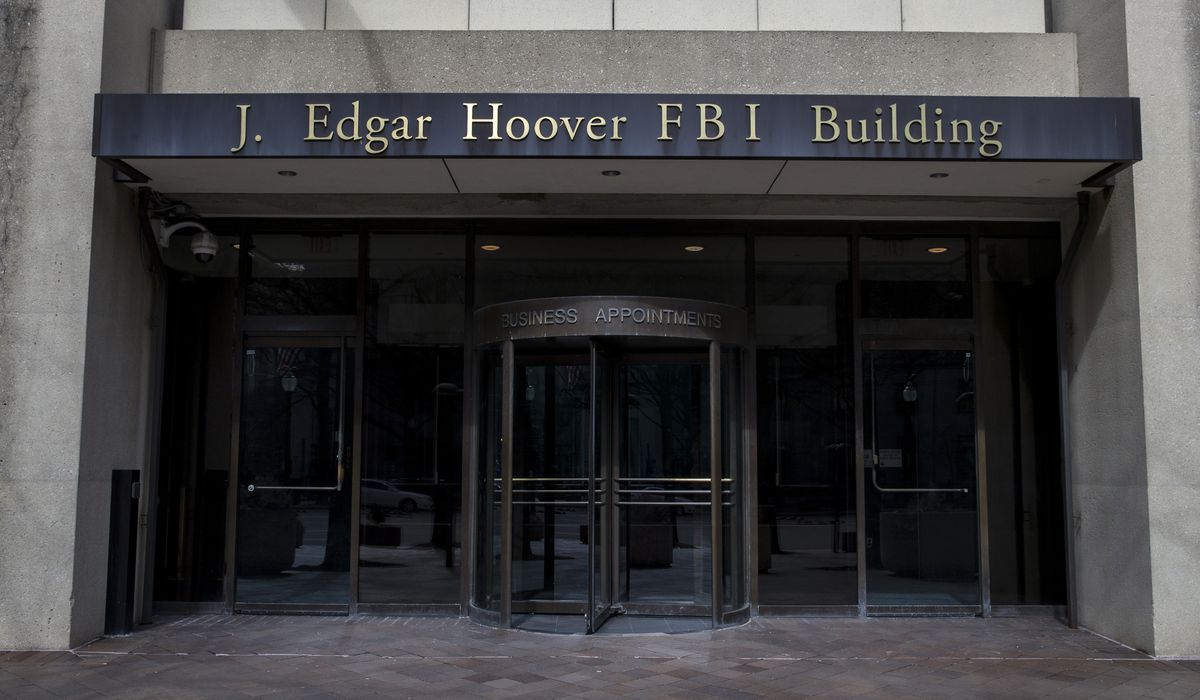MacDre
PREMIER
I think students at private universities have protections similar to employees. I think students at public universities have more protection than employees. I think the problem that students have is that they can’t afford a lawyer from the beginning of the “administrative” process through trial if necessary.This will all stop once colleges end the scholarship scam + start paying players as employees.
1. Employees have certain rights + can take employers to court if they're being abused (scholarship awardees have no rights and can't complain in any way)
2. Employees can have representation (agents) and can unionize to protect themselves
Right now all the power is in the Collages / Coaches hands. Change the rules + the abuse stops and instantly + all the "problems" go away.
The reason groups like the NWSL is having issues like this is because they're pulling leadership from the College pool. Taking advantage of players via scholarships + bullying is all they know. If colleges played by the same rules as the professional teams there wouldn't be in issue.
1. Whether private or public school students, the fight begins by familiarizing oneself with the student handbook similar to how employees have to familiarize themselves with their employment handbook to know their rights for protection;
2. Public universities are government actors, so in theory the Constitution should provide protection through a due process claim. The Constitution requires fairness. So if a student can prove a.) They were treated unfairly and b.). they suffered damages from the unfair treatment, they should in theory prevail with their “ConstitutionalTort” due process claim.
3. Private universities are not government actors so the student handbook is essentially a contract between the school and student. Inherent in every contract whether explicitly stated or not is the “Implied Covenant of Good Faith and Fair Dealing.” So again, if a student can a.) prove they were treated unfairly and b.) prove damages they prevail under contract law for a breach of the Implied Covenant of Good Faith and Fair Dealing.
I don’t think most students have the money to pay for an attorney. These are not the types of cases attorneys take on contingency. Most pro bono attorneys would rather help a family getting evicted, a disabled person apply for SSDI, elder abuse, wrongful convictions etc.
so yeah, I see access to good attorneys as the problem.



